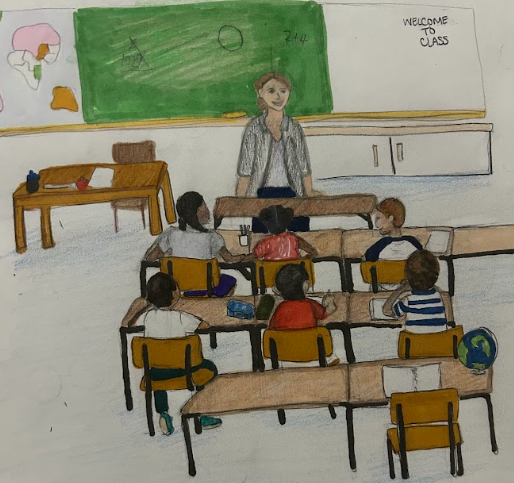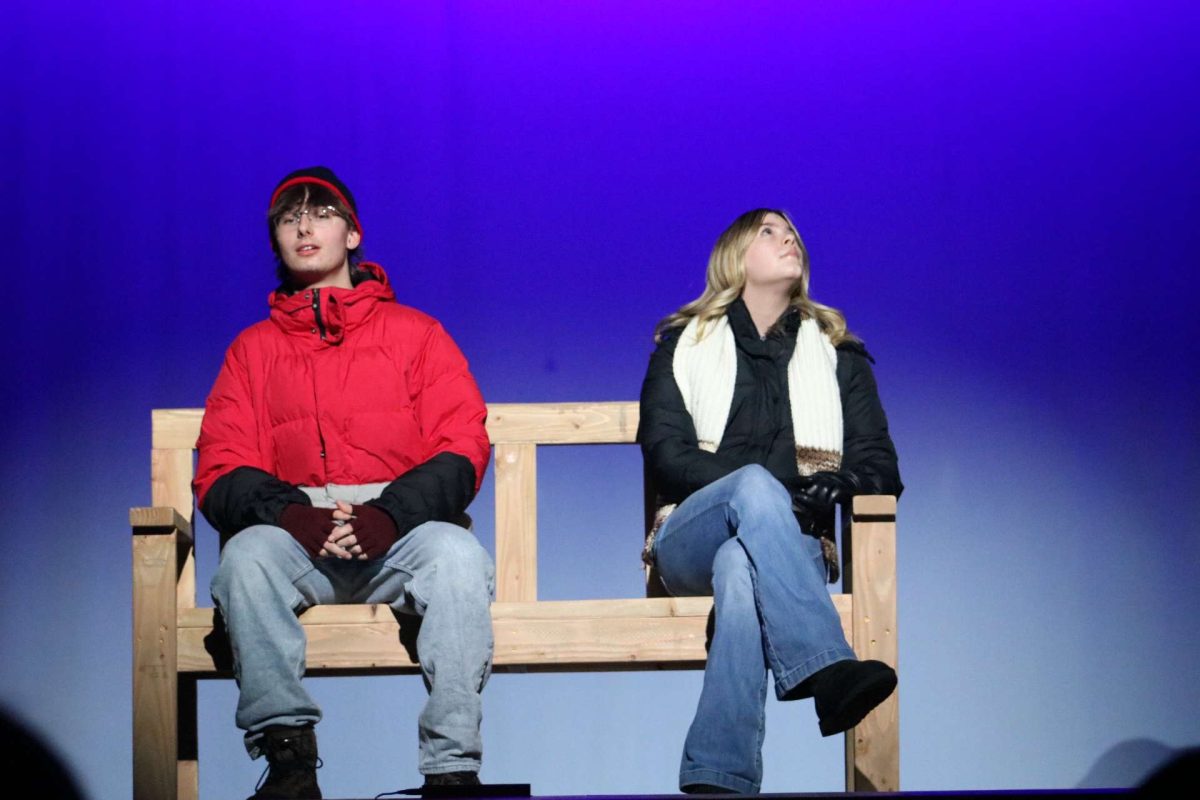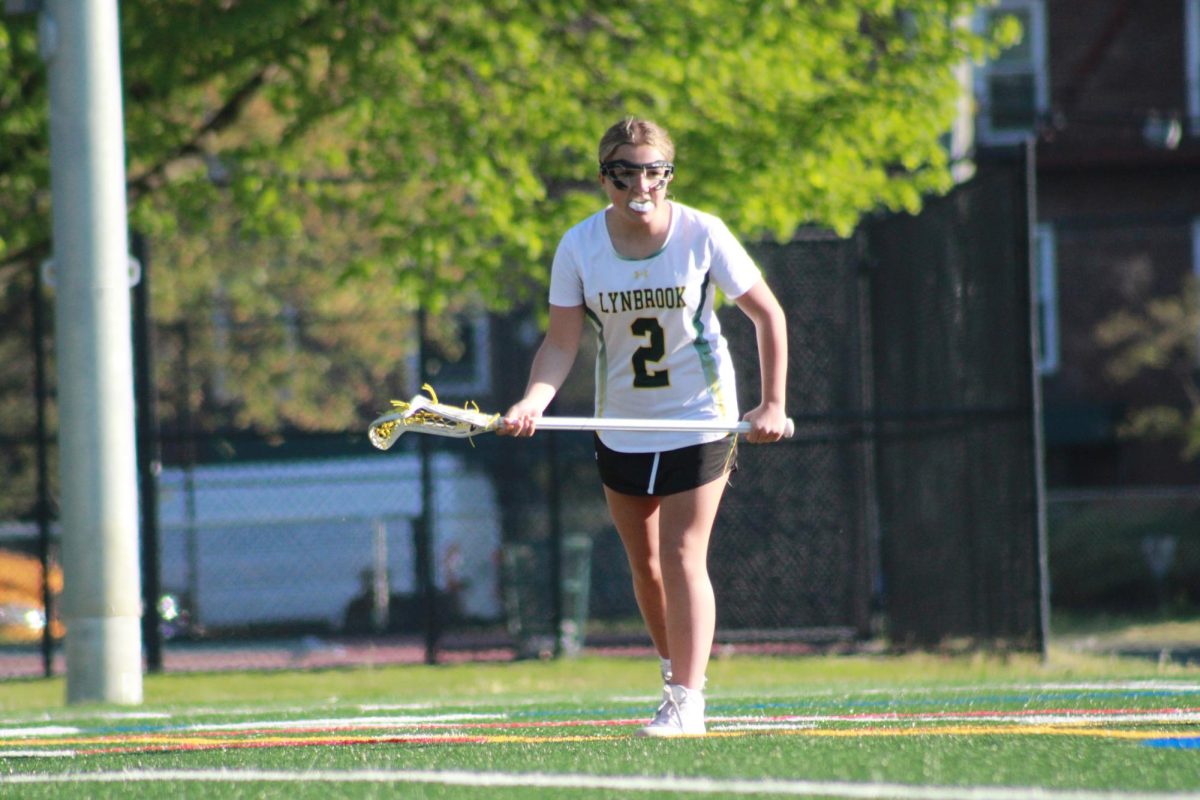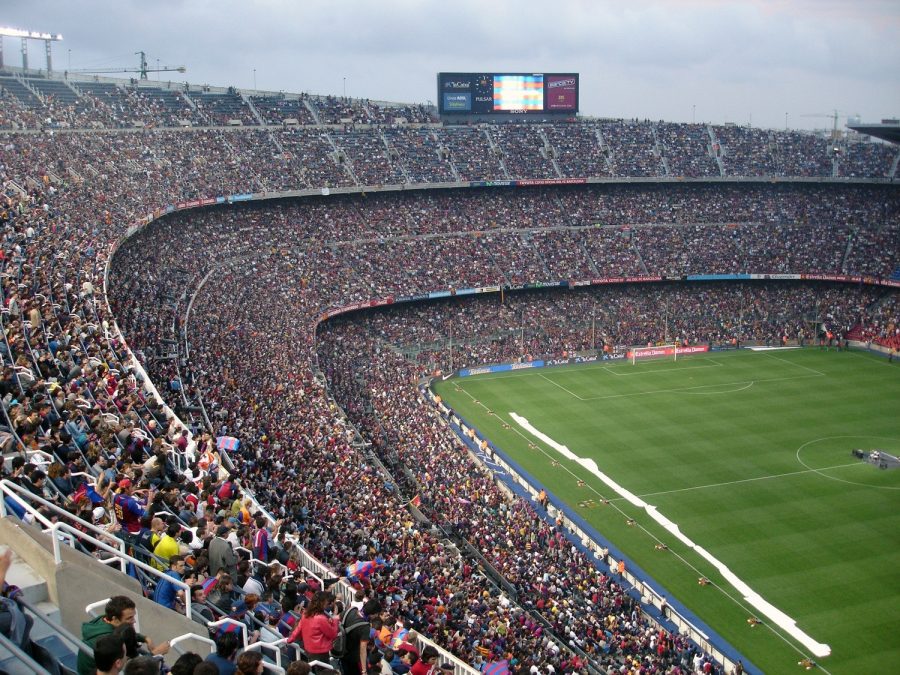Qatar Is Controversial Cup Host
The 2022 FIFA World Cup was held in Qatar, a small but incredibly wealthy Middle Eastern nation. The hosting, which was awarded in 2010, was controversial from the get-go, with the nation being accused of giving $3 million in bribes to FIFA officials in order to win the bid. This year, various human rights organizations, activists, and other nations have been outspoken about their disapproval of Qatar’s hosting due to the government’s anti-LGBTQ+ stance and history of discrimination against migrant workers.
Qatar is an absolute monarchy that occupies an oil-rich area bordering the Persian Gulf, according to US News (www.usnews.com). According to the Britannica Library, it is about the size of Connecticut and has a population of 2.7 million people, but only 10% of its population holds citizenship–the rest are migrant workers on visas. This labor system, known as Kafala, is the first source of controversy over Qatar’s hosting. Prior to 2017, the migrant workers, who are mostly young men from Africa, Asia, and the Middle East working in the fuel industry, had zero protections against unfair treatment. Employers had total control over the workers’ wages, working conditions, living arrangements, and immigration status; workers could be deported for showing up late to work just once. In an article entitled “Kafala Labor System Reform and the 2022 World Cup” by Ngoc Nguyen from Georgetown University’s Center for International and Regional Studies, it is explained that “The construction of the country’s football stadiums relies on the labor of migrant workers…many of whom suffer dangerous conditions and meager wages.” However, reforms began in 2017. Nguyen also reported, “The country most recently dismantled the exit permit and NOC [requirement of employer’s permission to change jobs] for workers in August 2020, along with raising its non-discriminatory minimum wage.” On the other hand, labor activists around the globe feel that the labor system in Qatar is still unfair and dangerous, and much of the Cup construction happened before the 2017 reforms.
A second source of controversy has been Qatar’s stance on the LGBTQ+ community. According to an article entitled, “Qatar’s Anti-LGBTQ Policies, Explained” by Ellen Iones for VOX, homosexuality is a crime in Qatar, punishable by up to three years in jail. While the nation accepted LGBTQ+ visitors for the Cup, their energy minister, Saad Sherida Al-Kaabi, said, “If you want to change me so that I will say that I believe in LGBTQ, that my family should be LGBTQ, that I accept LGBTQ in my country, that I change my laws and the Islamic laws in order to satisfy the West, then this is not acceptable.” Some fans have claimed that they were not permitted to wear rainbow apparel to matches, and players were not permitted to wear “OneLove” armbands during the matches. To protest this, members of the German team placed their hands over the mouths to show that they felt silenced. Despite these instances, FIFA President Gianni Infantino insisted in a press conference that “everyone is welcome” to the games. He added, “If anyone says the opposite, well it’s not the opinion of the country and it’s certainly not the opinion of FIFA.”
The hosting by Qatar of the World Cup has brought immense attention to existing human rights issues within that nation. This has sparked complex discussion on the degree to which Western nations should (or can) impose their values on other nations, as well as the impact of bias. Qatar has made reforms to its labor laws and allowed LGBTQ+ visitors into the nation, but it has also continually violated human rights and banned displays of activism. A main fear among activists is that once the attention is turned away after the Cup, these reforms will slow down or even be reversed. At the same time, foreign reports about these issues in Qatar may be clouded with a bias against the Middle East and Islamic religious practices. In light of all this confusion, FIFA has expressed its regret over choosing Qatar as this year’s host, with former-President Sepp Blatter saying, “It had been a bad choice. And I bore responsibility for that as president at the time.” Changing the host would have been an extremely complicated and instigative process; therefore, FIFA has been trying to make the best of having such a controversial host nation.

I am a member of the Class of 2023 and one of the editors-in-chief for the print edition of Horizon. Outside of Horizon, I enjoy running and spending time...








































